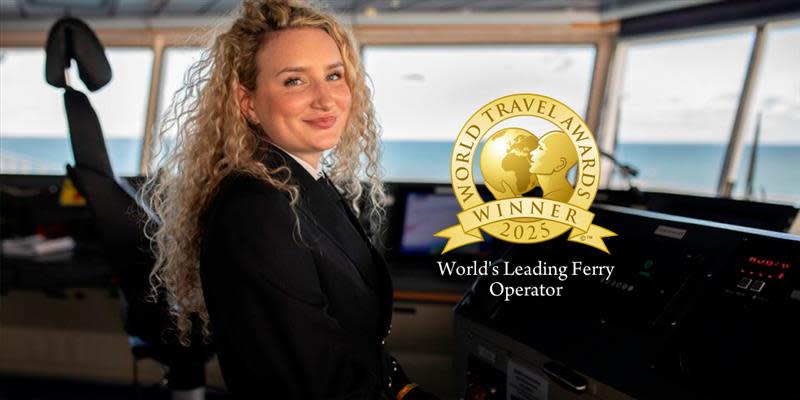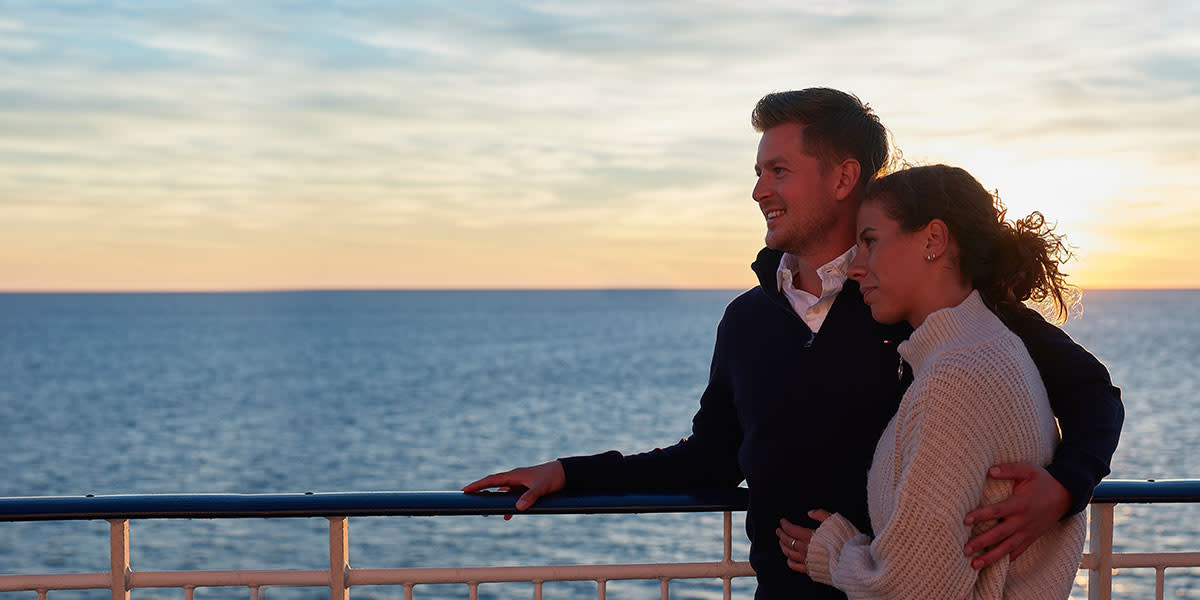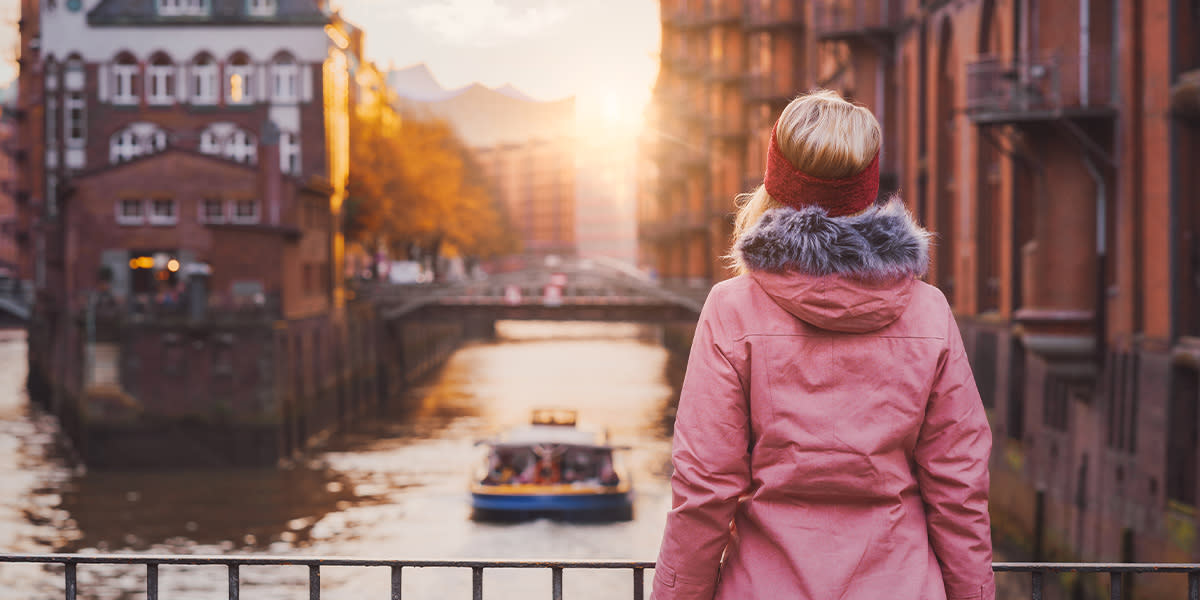
Reduction of food waste and plastics on board ships
An example of DFDS ships: how a caterer can reduce food waste and plastic
DFDS, one of Europe's largest ferry operators, is working to reduce the use of plastics and excess food waste. In their experience, they reach their goals by focusing on details and constantly measuring the result.
This spring, DFDS conducted a test on ships sailing in the Baltic Sea: all six ships weighed food waste thrown away by both kitchen staff and passengers in one week. The average amount of waste on ships leaving Lithuania was 12%, on ships leaving Estonia 14-15%.
"We can be satisfied with the result, because the amount of food waste does not exceed 15% - which means that we meet the globally set sustainability requirements. However, we do not want to rest on our success and we have set ourselves the goal of further improving the result. In six months, we will carry out a new test on the ships and see how much we were able to improve the result, ”described Peeter Ojasaar, DFDS Estonia-Sweden route director.
What can a caterer do to avoid wasting food?
- Kitchen staff must pay close attention to customers' taste preferences and portion sizes. Recipes must be constantly changed according to customer preferences.
- Efficiency must be valued in the kitchen and food waste must be avoided as much as possible. Ordering food must be accurate and in line with need. Shelf life and storage conditions must be closely monitored.
- Customers should also be reminded that in a self-service restaurant, you should place as much food on the plate as you can eat. Often various things are piled on a plate, much of which is not even tasted. Food can always be taken in: customers are advised to take a small amount to taste.
Another major concern is the use of plastic. Every year, Europeans throw away 26 million tonnes of plastic, and only 30% of it is sorted for recycling. The rest finds their way into the earth's crust or nature, including the sea and beaches. Due to the problem, the marketing of plastic earplugs, cutlery, straws, drink mixers, balloon sticks, expanded polystyrene food and beverage packaging and drinking cups will be banned in the European Union from 3 July this year.
DFDS does not use environmentally friendly plastic on its Baltic Sea vessels today. All cafes and bars use only recyclable dishes that meet the highest EU standards, and the shops only offer paper bags.
"Instead of plastic, dishes for catering can be made of many alternative materials: metal, wood, bamboo, glass and rubber. Companies that take environmental issues seriously have used these alternatives even before the directives come into force, "Ojasaar added.
DFDS is a European maritime transport and logistics company that operates more than 50 vessels on 35 routes in the Western, North and Mediterranean Seas as well as the English Channel. The Estonian branch of DFDS belongs to the DFDS group and serves the Paldiski-Kapellskär line on a daily basis.
Our Ferry Routes

Proudly named the World’s Leading Ferry Operator
We did it! We retained our titles as both Europe’s Leading Ferry Operator and the World’s Leading Ferry Operator again in 2025.
We were also once again recognised as having the best website in our industry – scooping both the European and World awards in 2025.
A heartfelt thank you to everyone who voted, and to our passengers, colleagues and partners who contribute to our continued success – we couldn’t do it without you all.



